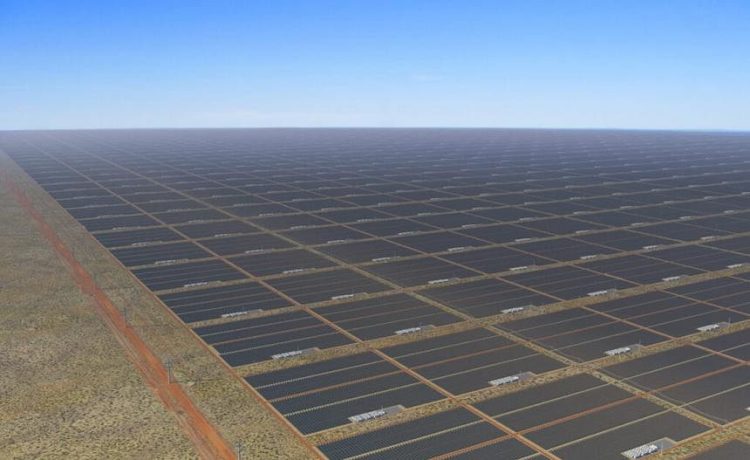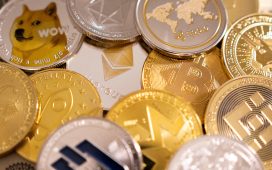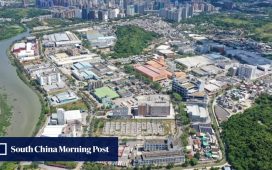SINGAPORE – Sun Cable continues to maintain the full employment of its staff, despite the collapse of the company last week, according to a spokesman for FTI Consulting, the appointed administrator for the renewable energy firm.
Sun Cable entered voluntary administration on Jan 11 amid disputes among its investors, including Australian billionaire Andrew Forrest and Sun Cable chairman Mike Cannon-Brookes, over the viability of sending solar power via a 4,200-kilometre cable from Australia’s Northern Territory to Singapore.
“No staff in Australia are being laid off at this time, everyone is continuing to be employed and paid,” a spokesman for FTI Consulting told The Straits Times on Wednesday.
The spokesman also said no staff at Sun Cable’s subsidiary in Singapore will be laid off at this time, despite the voluntary administration of the parent company. ST understands there are 12 employees in its Singapore office.
When ST visited the office in Robinson Road on Thursday, only one person was there. Introducing himself as Mr Stephen Poulson, he declined to comment, apart from highlighting that most of the staff were not in the office because of the upcoming Chinese New Year holidays.
According to professional networking social media site LinkedIn, Mr Poulson is a principle marine technical specialist with considerable experience in managing subsea projects.
In 2022, Sun Cable raised A$210 million (S$193 million) from Mr Forrest and Mr Cannon-Brookes for the Australia-Asia PowerLink project, but not all of that funding has been made available as some milestones had not been met.
In a Bloomberg interview on the sidelines of the World Economic Forum in Davos, on Wednesday, Mr Forrest criticised the company’s management and board’s lack of experience.
He added that he had lost faith in the management and chairman, and questioned the way in which they were spending money, drawing attention to their lavish offices.
Sun Cable’s website lists the address of six offices, four in Australia and one each in Singapore and Indonesia.
Mr Forrest also questioned the technical viability of the project. He suggested during the interview in Davos that shipping green hydrogen to Singapore might be the more sensible solution, considering the investments announced so far for the development of the low-carbon hydrogen economy in the Republic.
Singapore is among major global shipping hubs that are responding to decarbonisation with ambitions to boost trade in fossil-fuel alternatives, including biofuels and hydrogen. The Government forecasts hydrogen could meet up to half of its power needs by 2050.
The Energy Market Authority declined to comment when contacted by ST.







